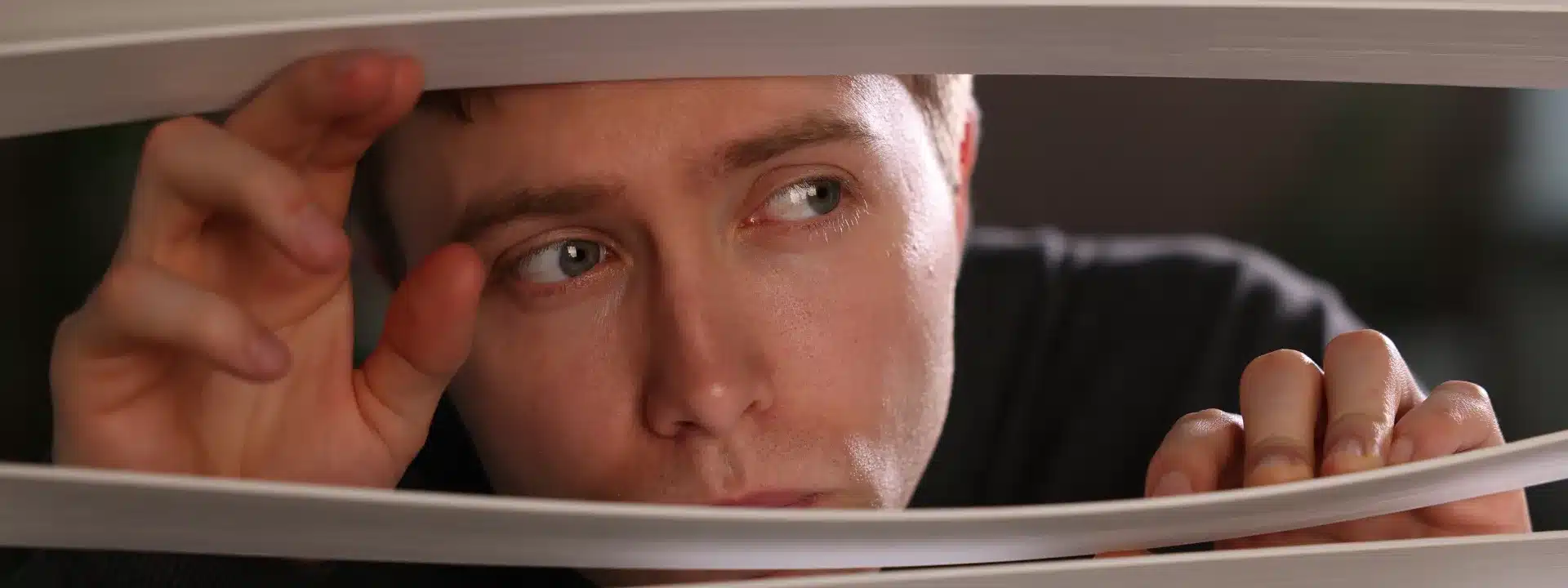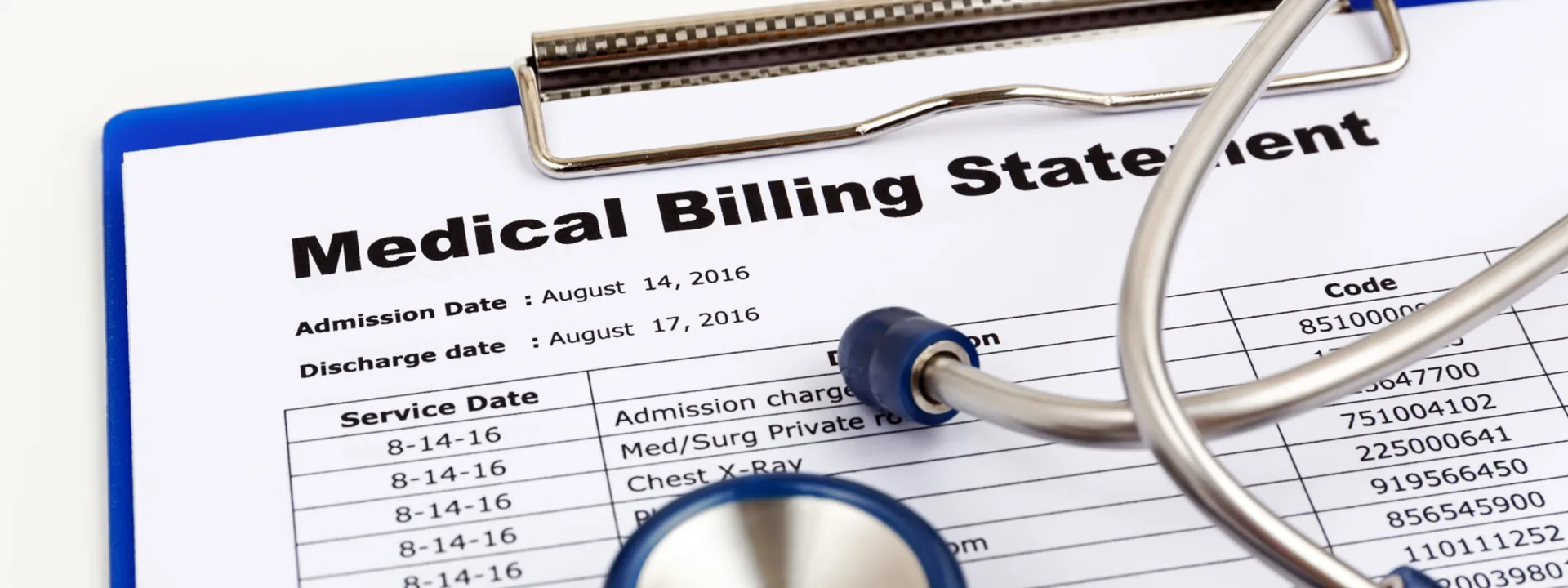Depression is a debilitating mental health condition. Crippling depression is the most severe form of the condition. The condition is most often associated with acute sadness and hopelessness – lasting for long periods of time. Understanding crippling depression will help you recognize symptoms and signs in yourself or a loved one. Education allows for early intervention for more positive outcomes.
Symptoms of Crippling Depression
Signs of crippling depression may be hard to spot – especially because many are internal. Someone may appear to have a happy life on the surface but deep down they are depressed.
Some of the most common symptoms of crippling depression include:
- Feeling persistently sad or hopeless
- Feeling pessimistic
- Feeling insecure or lacking confidence
- Experiencing routine fatigue or lack of energy
- Withdrawing from friends and family
- Feeling extreme anxiety or irritation
- Having trouble concentrating
- Insomnia or sleep troubles
- Physical effects like gastrointestinal issues or feeling ill
- Suicidal thoughts or actions
In order for depression to be considered “crippling,” these symptoms are extreme and debilitating. If you or a loved one are exhibiting multiple signs above it may be time to consider getting mental health treatment.
Treatment for Crippling Depression
Depression is a serious, yet invisible, mental health condition that requires life-long treatment for successful management. Getting treatment for crippling depression is important for maintaining a high quality of life and being an active member of your community. Many people do not understand depression and just how much it can impact one’s life.
There are three core methods of treatment for crippling depression:
- Psychotherapy: Many forms of psychotherapy can be used to treat depression. Cognitive-behavioral therapy treats various forms of depression, including crippling or acute depression. This method of therapy helps patients understand the connections between their thoughts, emotions, and behaviors. Clients can learn to recognize unhealthy thought patterns and get support as they work to change them to battle depression.
- Clinicians may prescribe any one of several antidepressants approved for treating depression. These medications support neurotransmitters that balance mood. Clinicians may also prescribe antidepressants in conjunction with other medications, like anti-anxiety drugs.
- Support groups: Some patients attend support groups for help managing their depression. Group therapy is also an option that allows clients to connect with others in a mental state. This allows clients to see what has worked for others for depression management – giving new perspectives to healing.
At Alter Behavioral Health we offer all three of these treatment methods, and more. Our treatment offerings for crippling depression include, but are not limited to:
- Acceptance And Commitment Therapy
- Attachment-Based Therapy
- Client Centered Therapy
- Cognitive Behavioral Therapy (CBT)
- Dialectical Behavior Therapy (DBT)
- Interpersonal Depression Therapy
- Mindfulness / Meditation
- Narrative Therapy
- Solution-Focused Therapy
When entering depression treatment, clients will work closely with doctors and licensed therapists to determine the best course of action for treatment. Depending on each client’s mental state, therapists may use multiple programs or only one at a time.
Depression Affects Many People
Genetic and environmental circumstances can cause crippling depression, like other mental health conditions. Crippling depression is more than just a bad day or two – it is acute and constant sadness and despair that does not go away. Depression may also make an individual feel sad and down without knowing the exact cause.
If you have a family history of mental health conditions, specifically depression, you are more at risk of developing depression. Likewise, living in an environment impacted by depression makes you more likely to be affected by the condition.
If you or someone you know is exhibiting signs of crippling depression, it’s important to seek mental health treatment as soon as possible. Early intervention makes a significant difference when it comes to quality of life and overall happiness. It also reduces the risk of potentially serious side effects like self harm or suicide. Crippling depression is incredibly difficult to manage – reach out for a helping hand and improve your quality of life.
Don’t Let Depression Run the Show
Crippling depression does not have to run your life. Many people seek treatment for their depression and go on to live a happy, healthy life. At Alter Behavioral Health, we understand that not everyone has time for inpatient mental health treatment, which is why we offer all levels of care. We offer crisis and stabilization care, residential mental health treatment, partial hospitalization programs, and intensive outpatient treatment. Don’t let crippling depression run your life – get treatment for your mental health and gain a new perspective.
About Alter
Alter is a behavioral healthcare provider that specializes in evidence-based clinical treatment approaches. We provide a wide range of programs for adults and families experiencing mental health conditions including schizophrenia, depression, borderline personality disorder, anxiety, substance abuse, and more. This is done through client-centered care for a full-continuum of treatment. We serve the entire U.S. population from our revolutionary locations throughout sunny Southern California. Whether an individual needs 24/7 care or wants an outpatient program – we are there to guide every step of the journey. For more information, give us a call at (877) 613-9776 or visit our website at alterbehavioralhealth.com.



